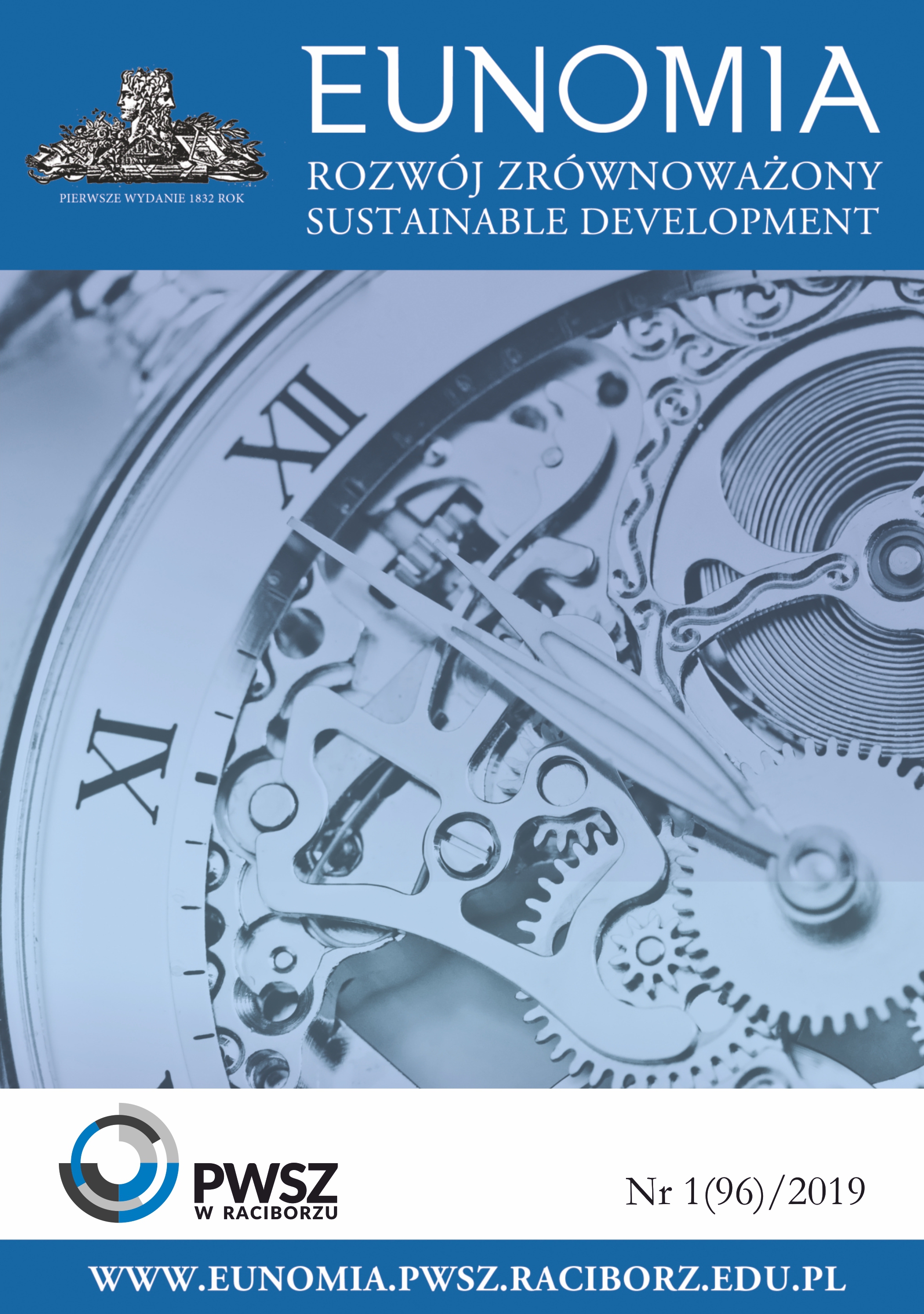RESEARCH INTO THE PHENOMENA OF THE CHILD’S WORLD. NEW TRENDS, OLD CHALLENGES
Słowa kluczowe:
research on children’s preconcepts, young learners, reader, phenomena of reader’s interest, reading enthusiasmAbstrakt
In recent years, we have been able to observe a stronger trend to explore the educational reality by way of scientific research. This results from the pressure on quantitative indicators and evidence-based arguments. International surveys focus mainly on educational effects and provide more or less accurate rankings of educational systems and the degree of learners’ success, school and national rates. In addition to these trends, however, it is also necessary to focus one’s research on the real world of children and young learners in a holistic concept. Qualitative research strategies prefer more phenomenological and personalistic approaches based on exploratory and investigative scientific methods. Such approaches have been applied by the authors in previous studies: they have published several studies and two monographs dedicated to children who are about to begin their education and their understanding of the world. This research was supported by the VEGA 1/0598/15 “The Child at the Threshold of Education and its World” project. In this paper, the authors will present brief findings from these studies. The basic source was authentic children’s testimonies to the significant phenomena of their world and childhood. Building on these findings, we are currently focusing our research on the formation and development of the children’s readability (supported by the VEGA 1/0455/18 “Research and Development of Readability with Younger School-Age Learners” project1). There are convincing claims that this phenomenon is the most important determinant of success in education and the development of creativity and critical thinking.


